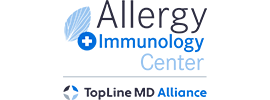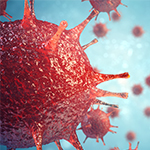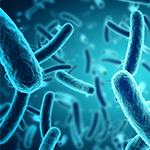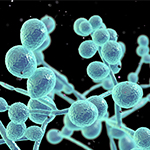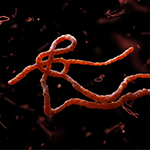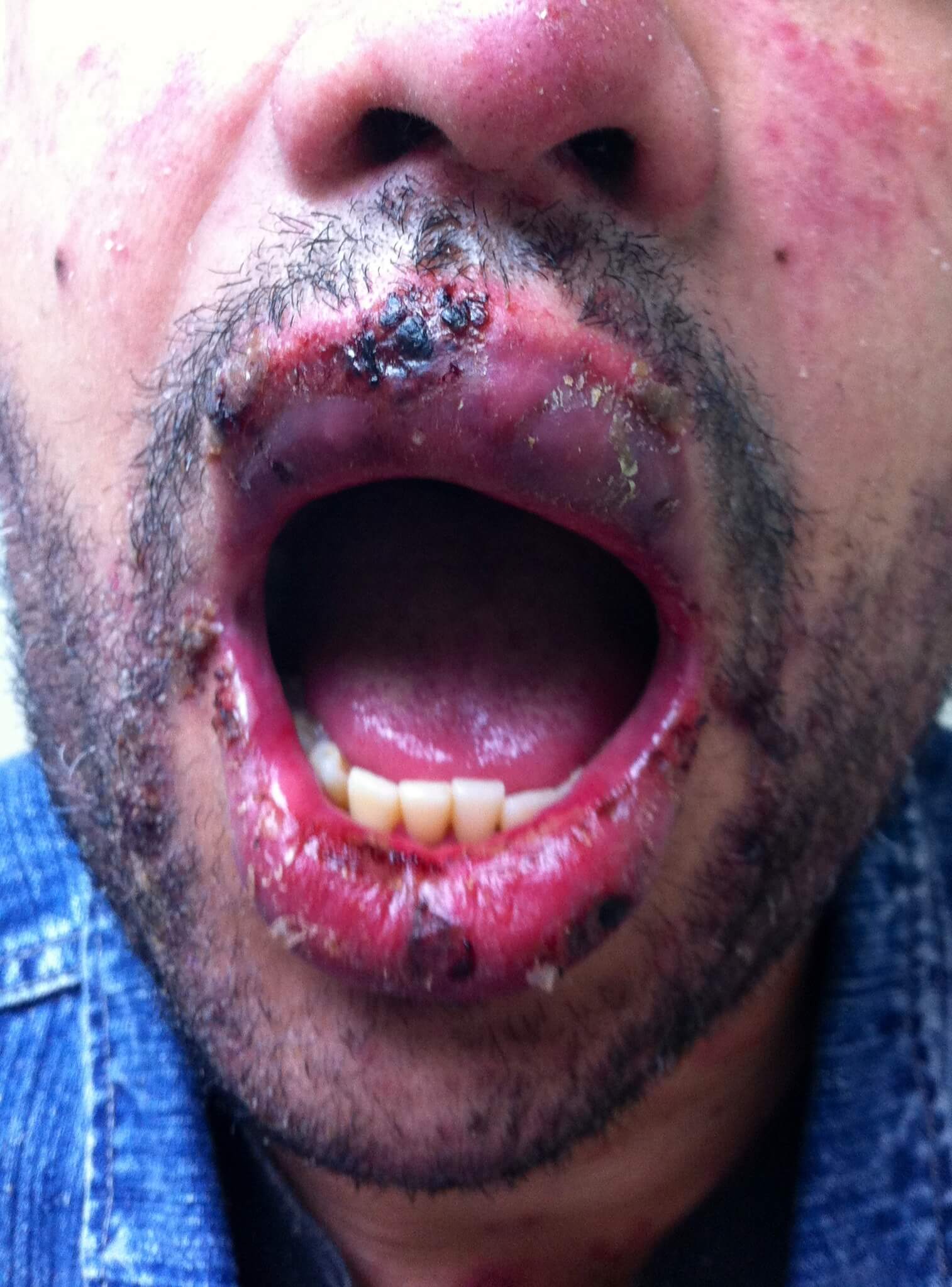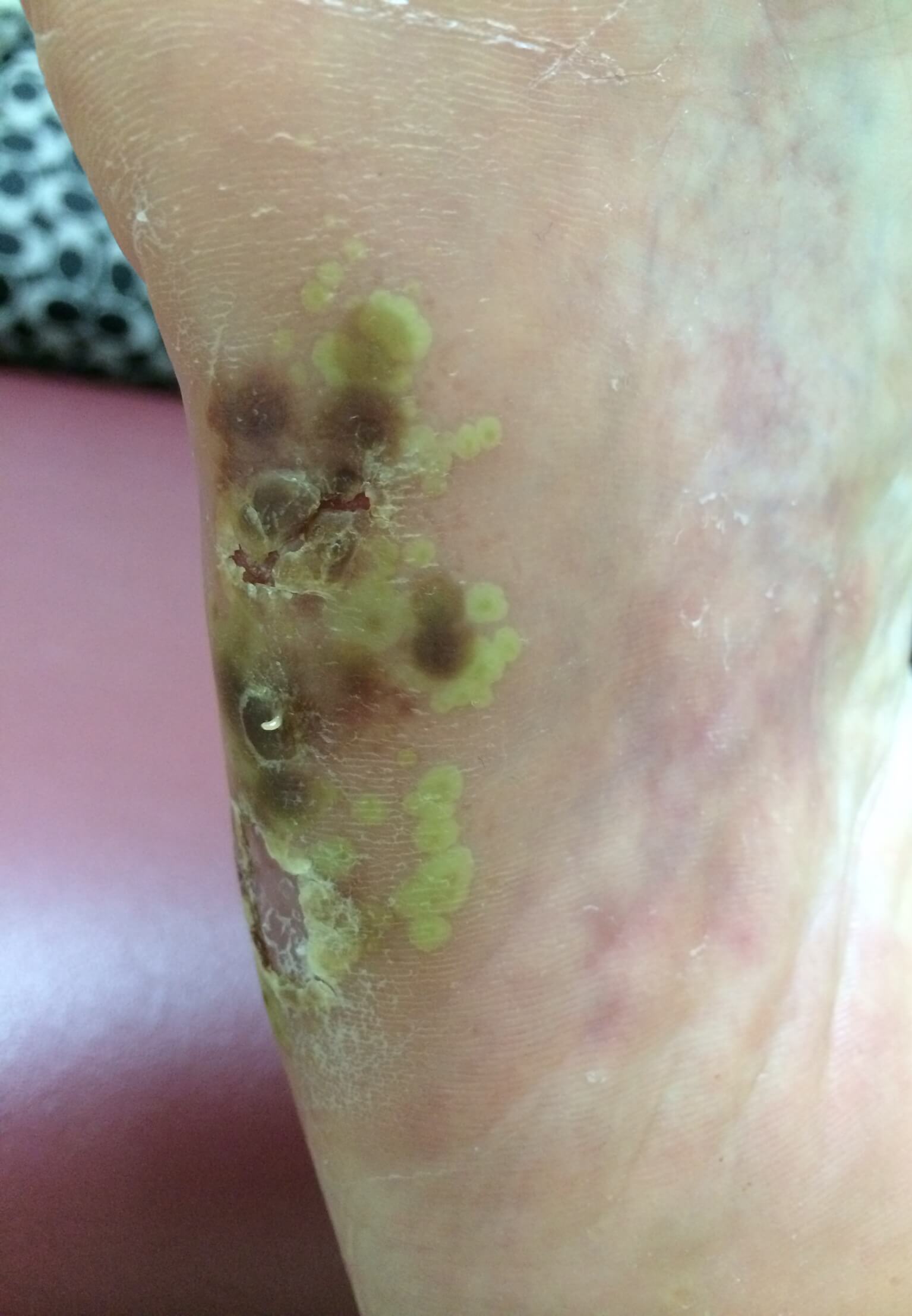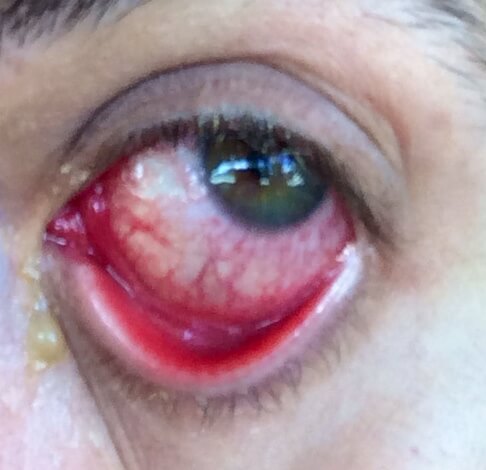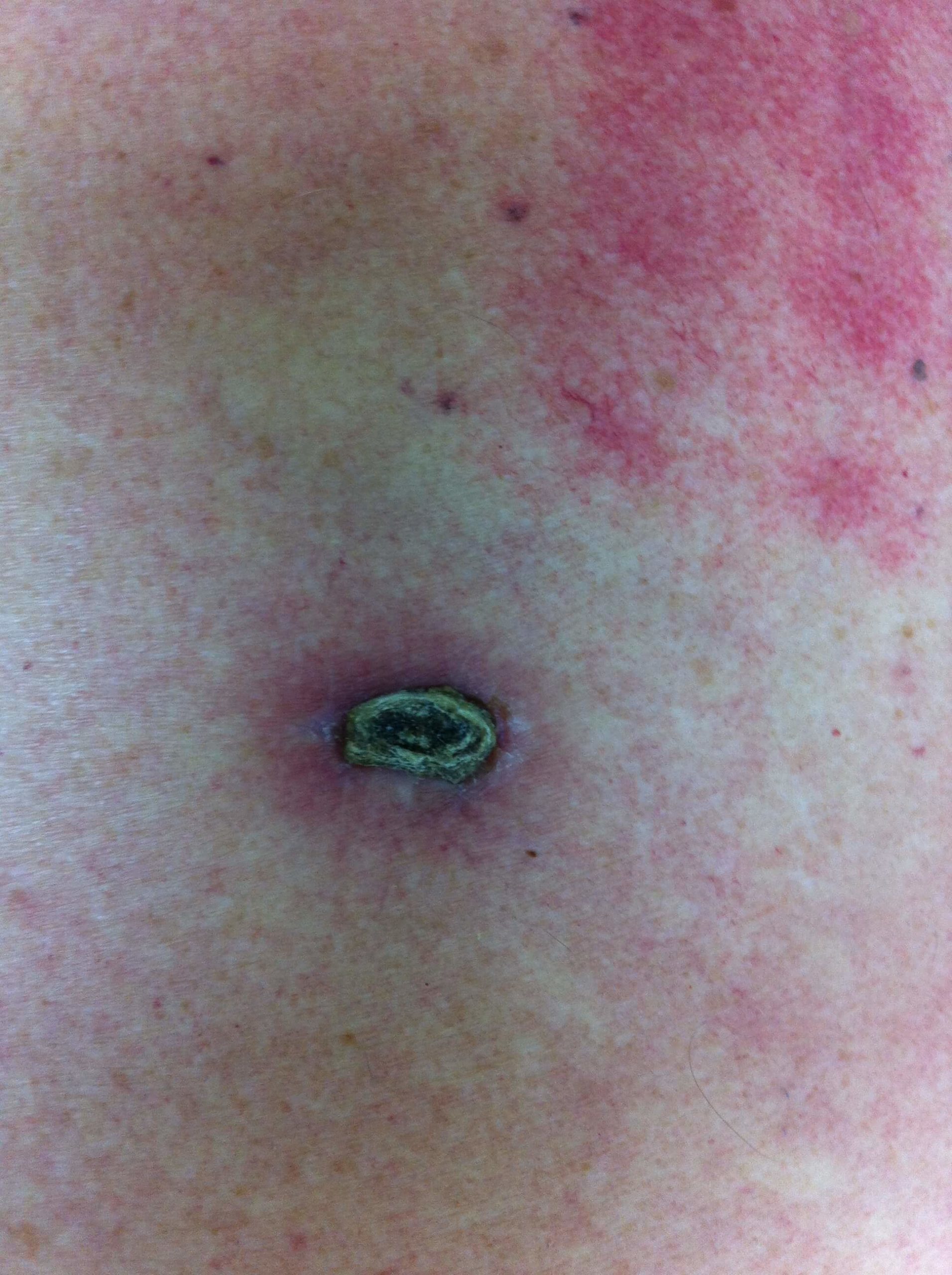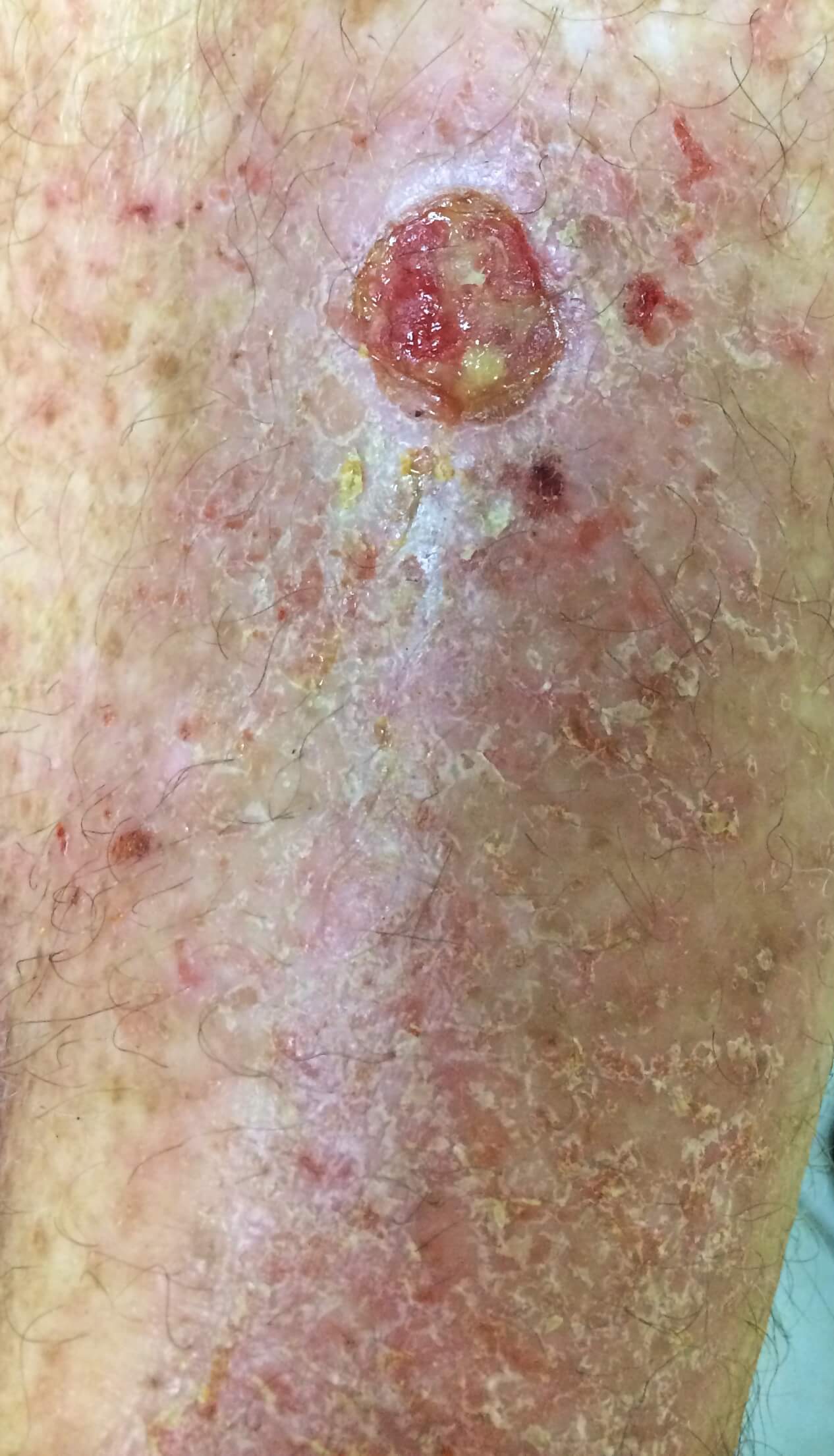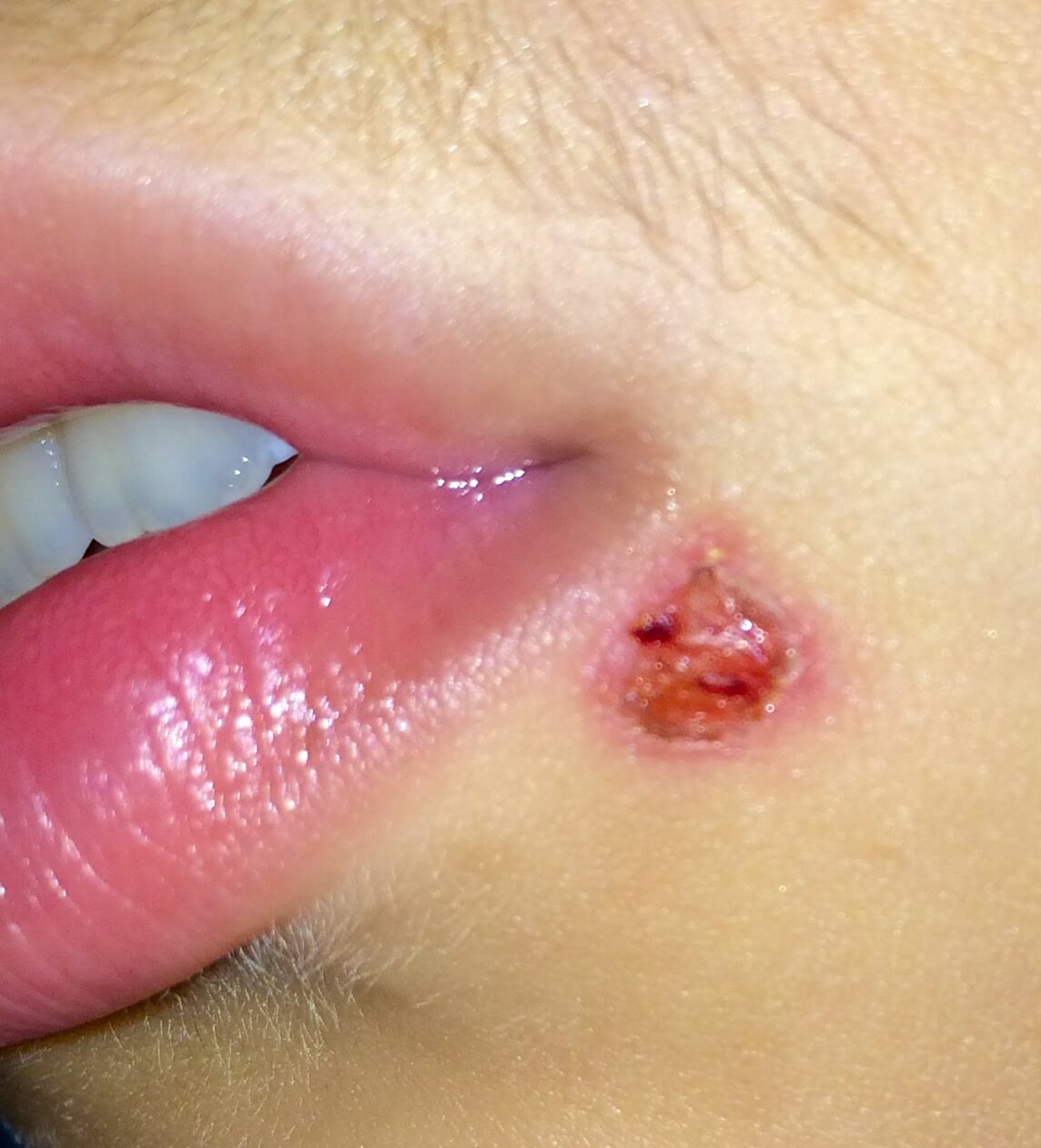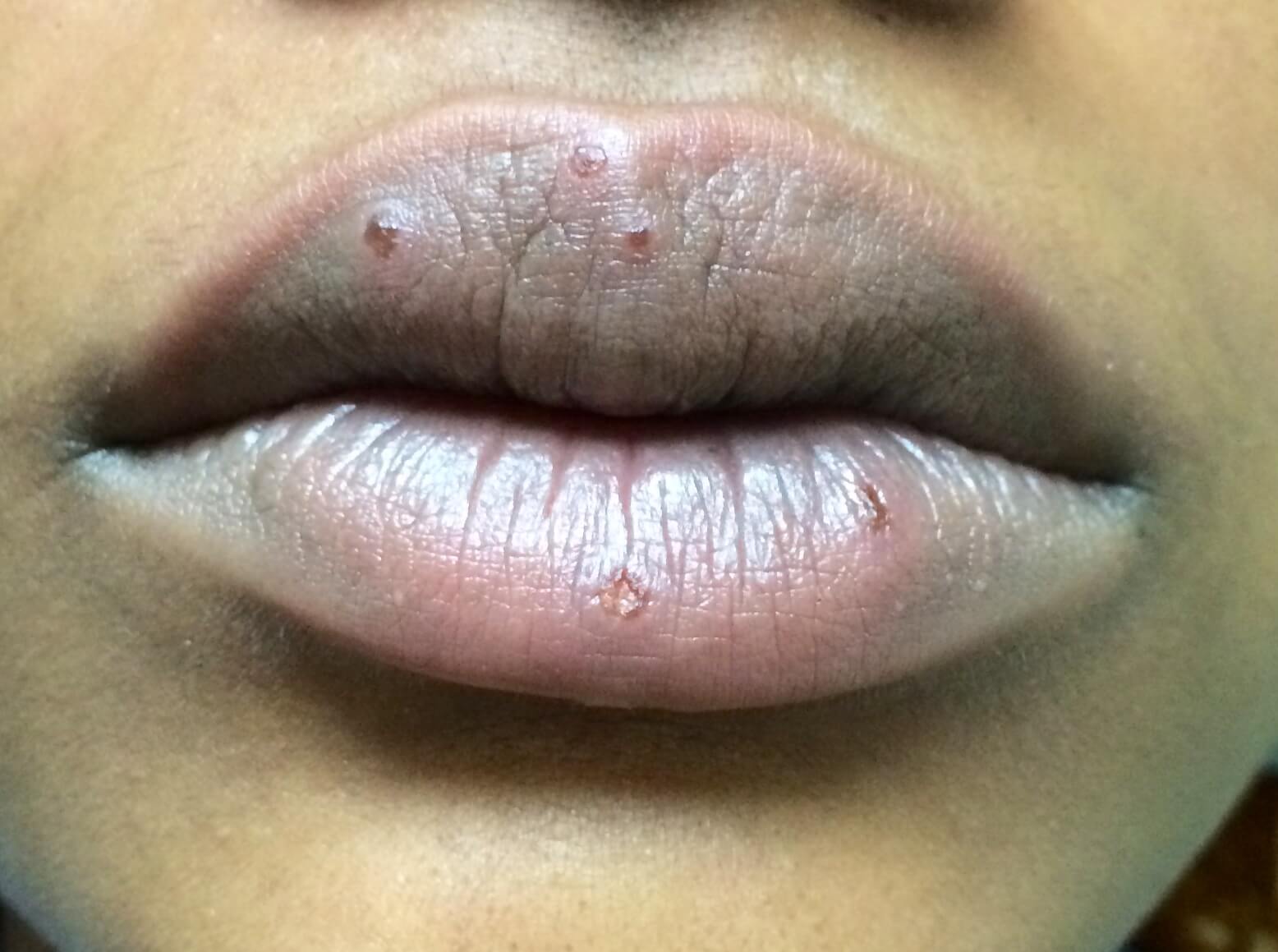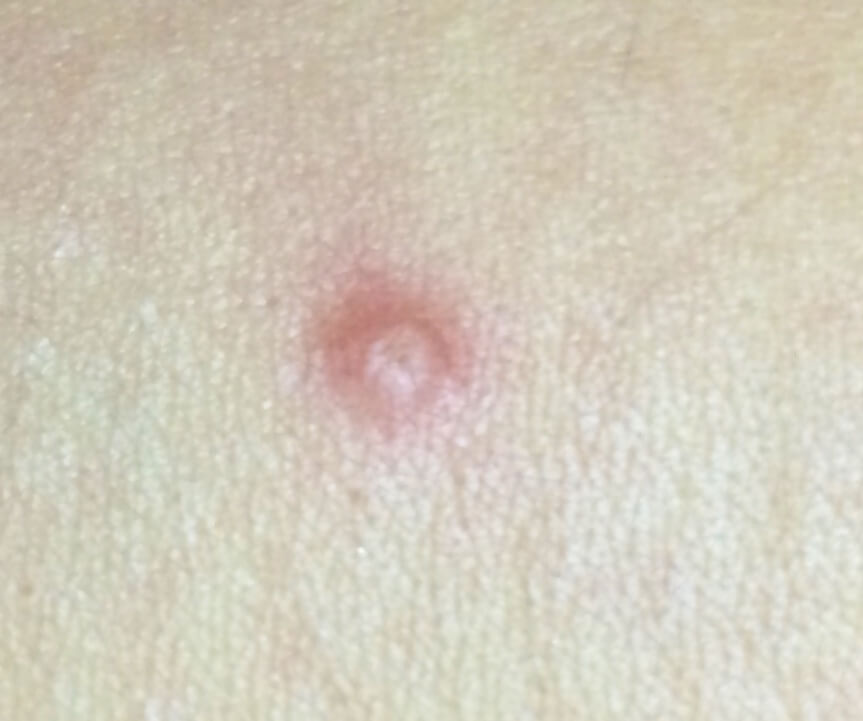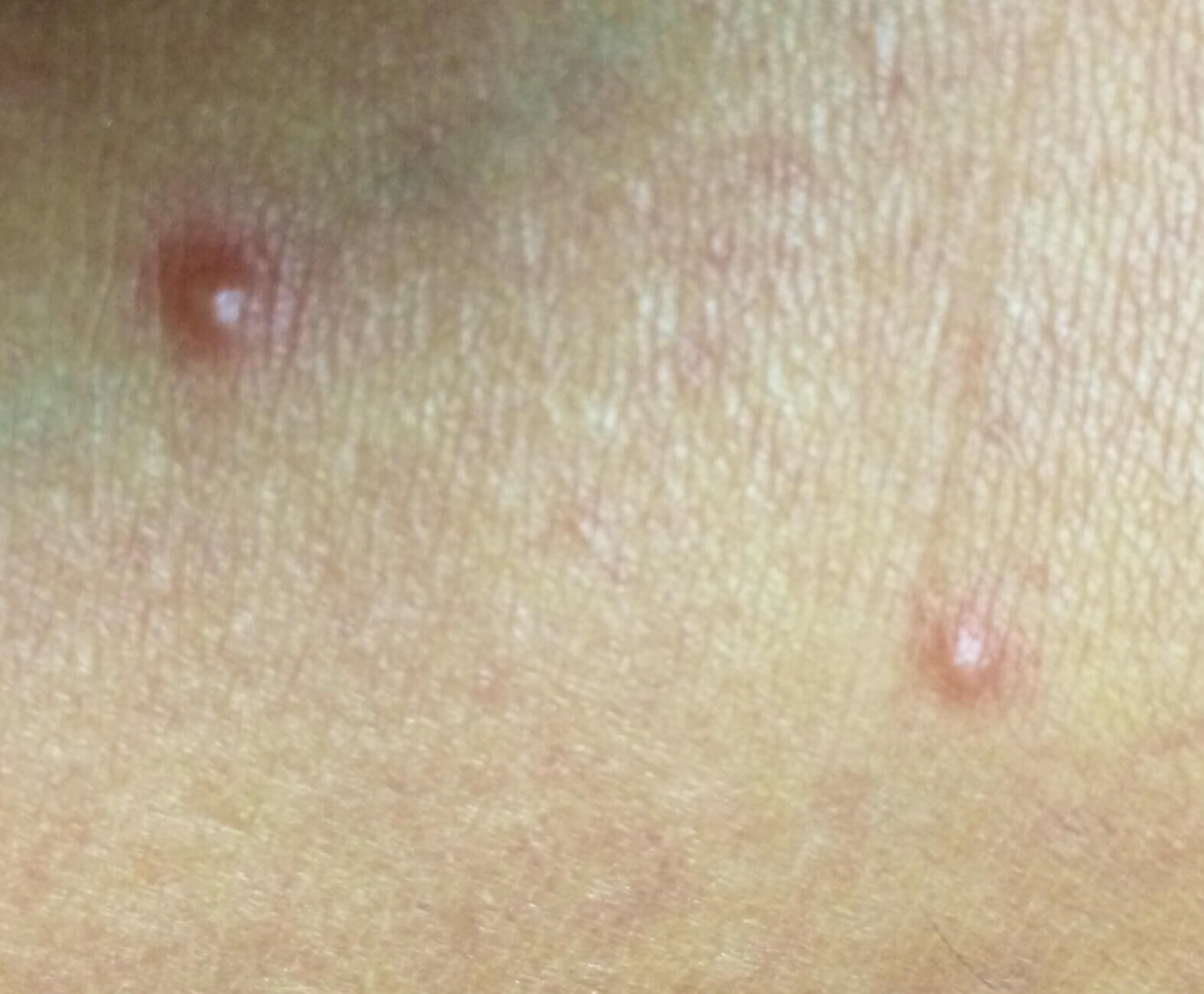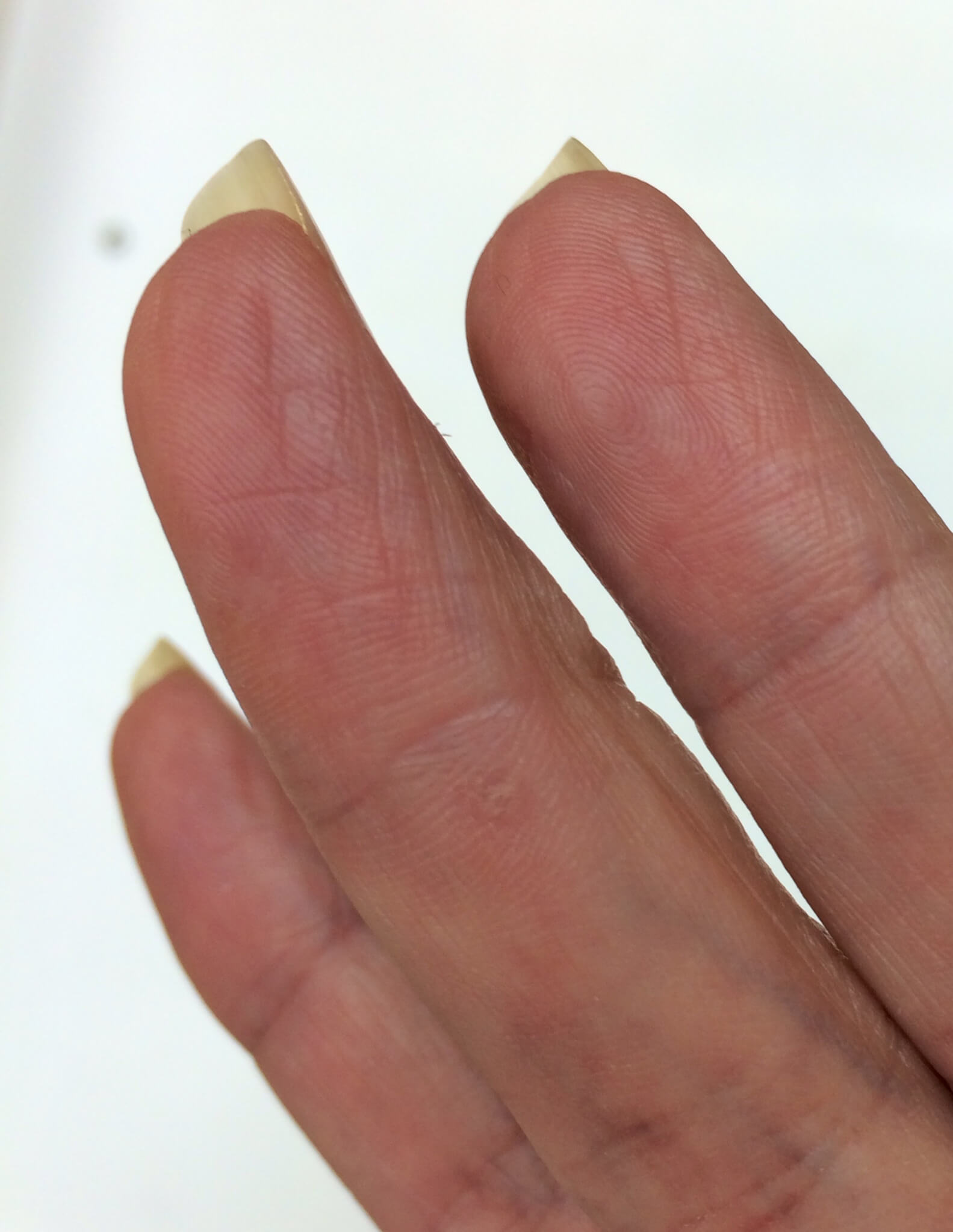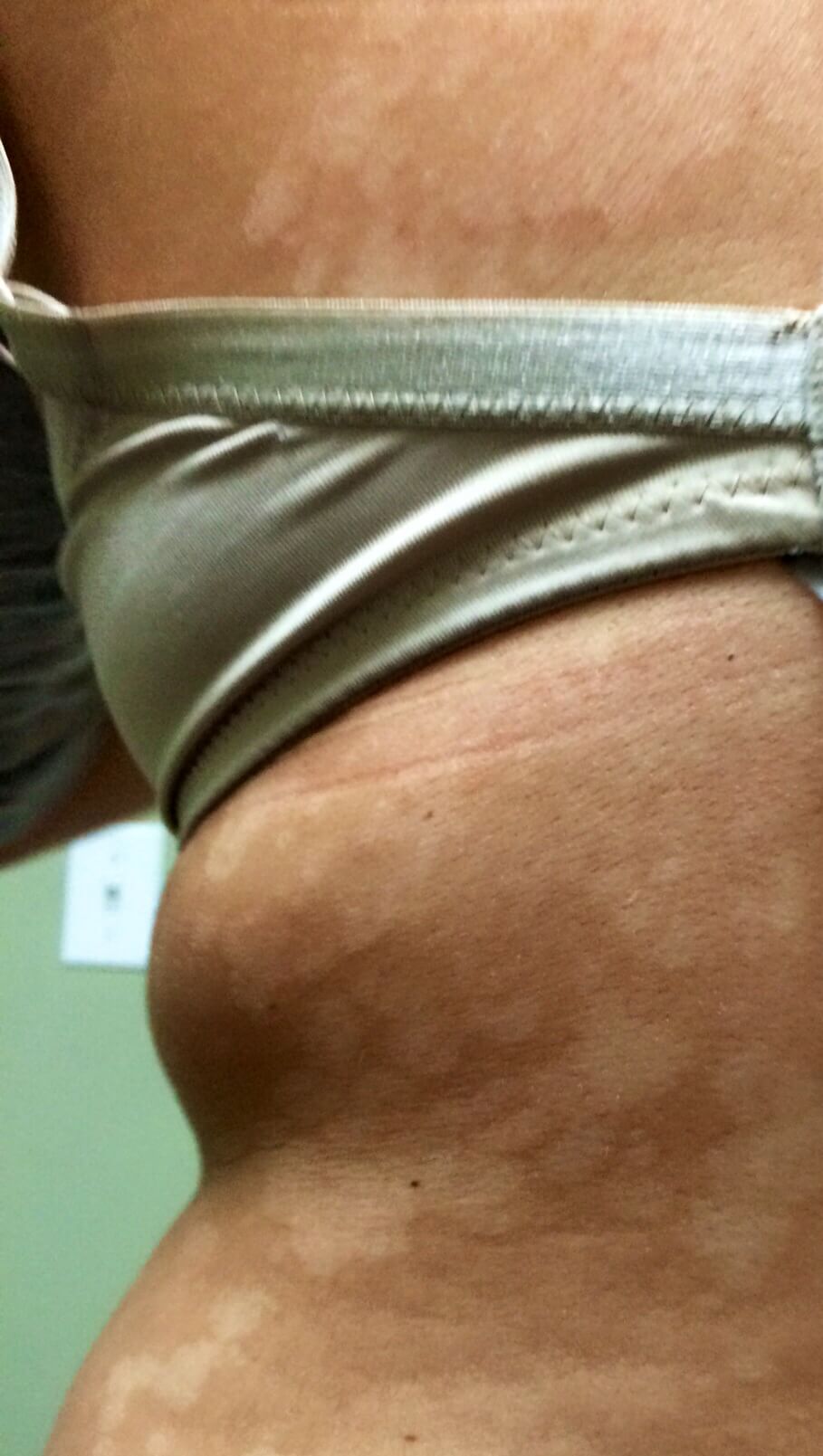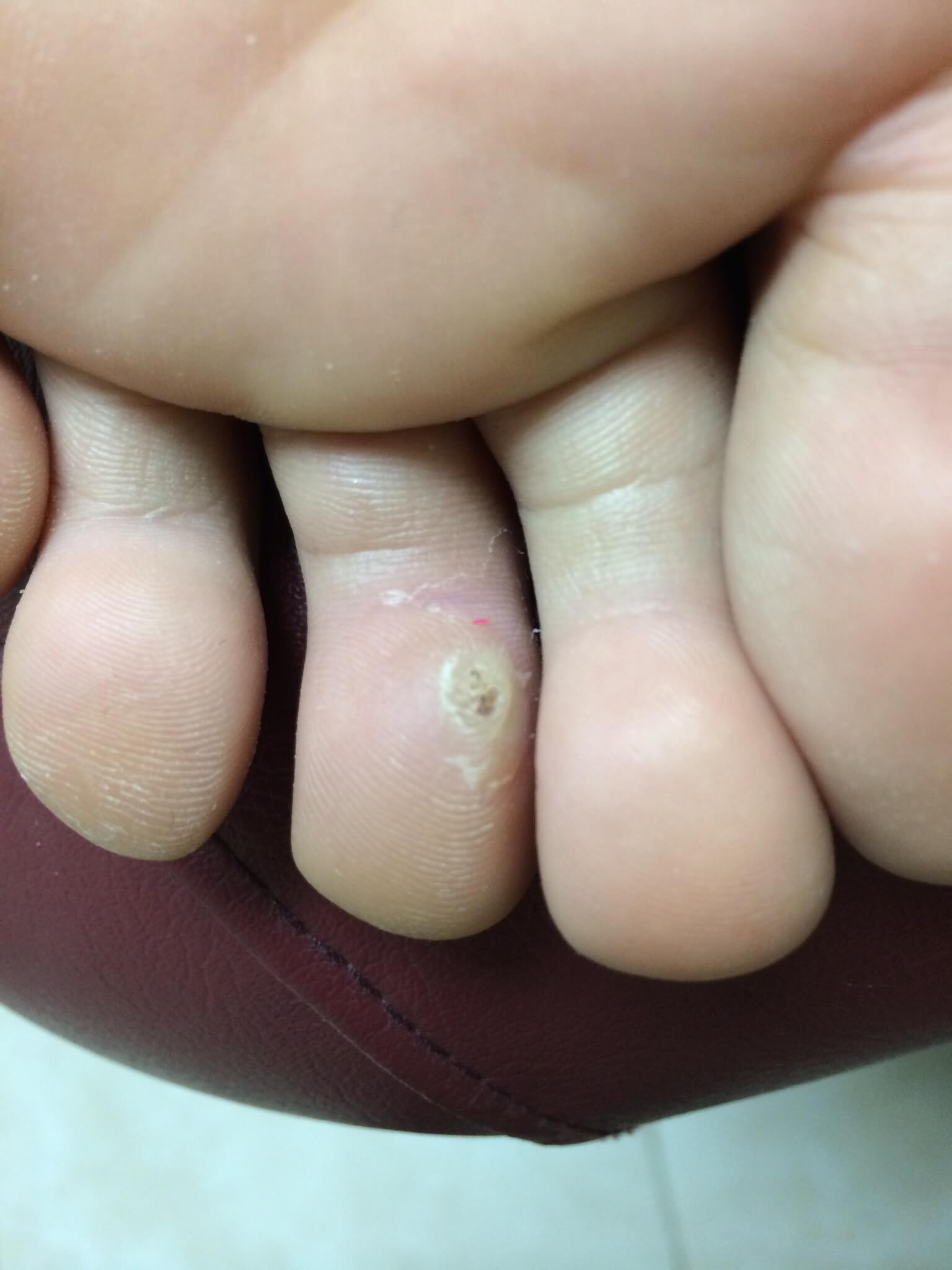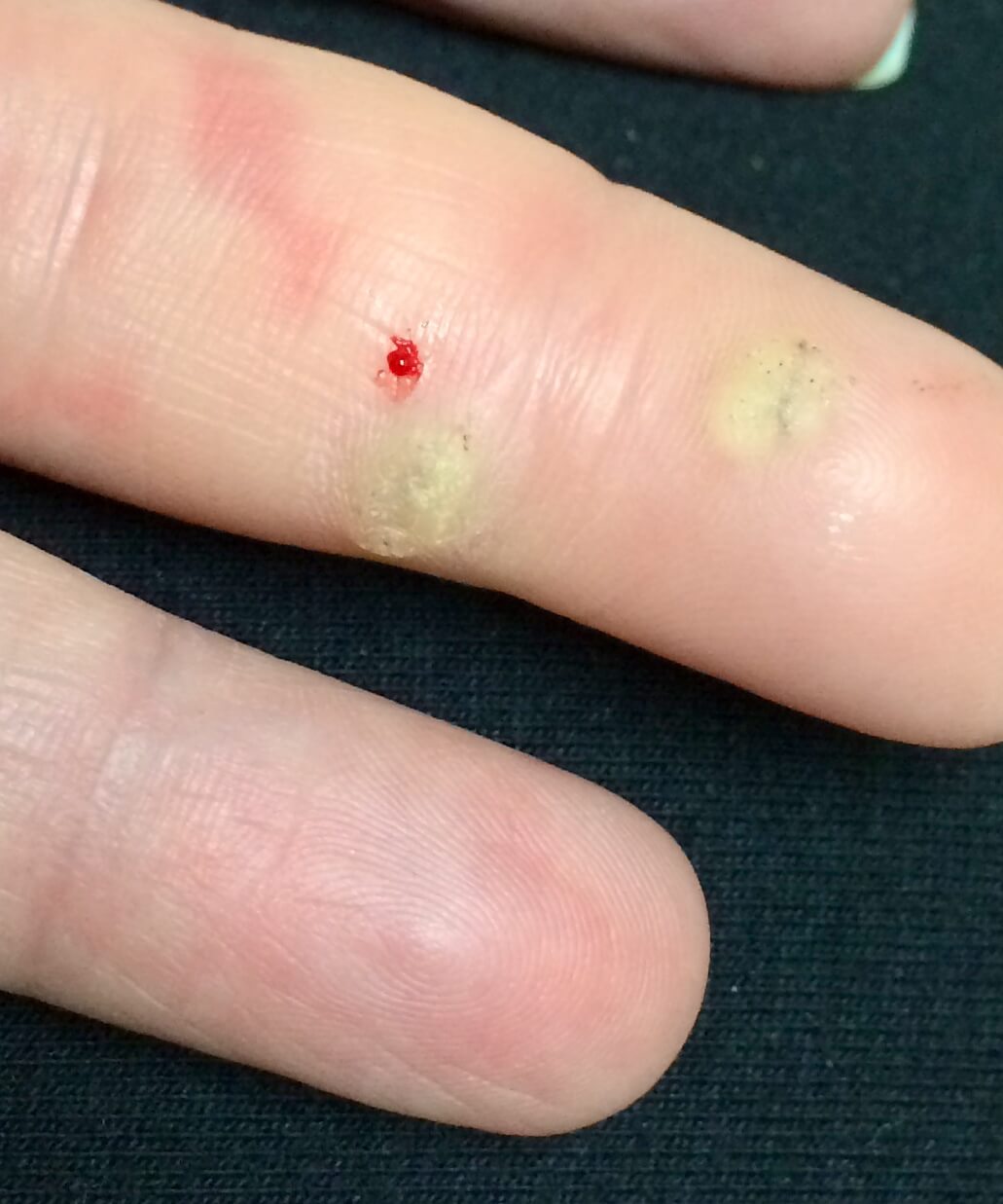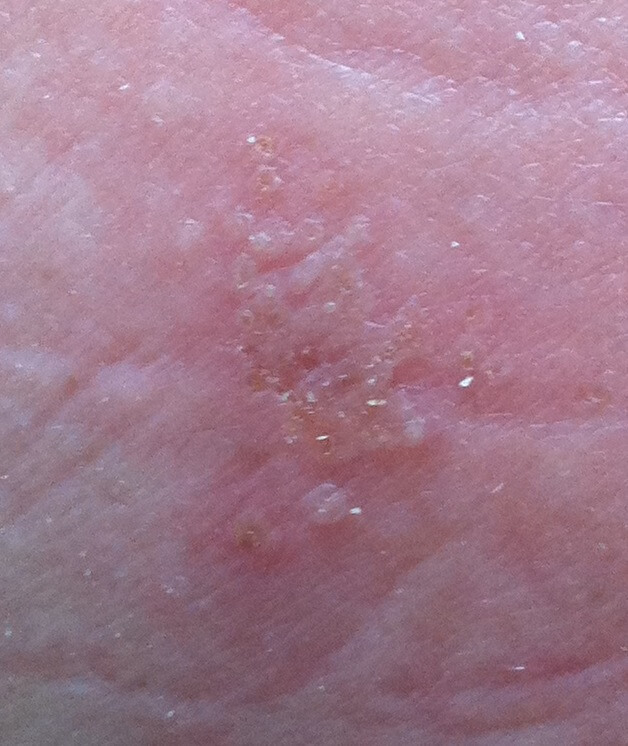Infectious Disease Doctor In Miami, Florida
A myriad of different organisms live in the human body, most of them being absolutely harmless or even aiding the body in different processes. Still, coming into contact with the wrong organism can lead to severe complications. Infectious diseases are conditions triggered by specific organisms, like viruses, parasites, bacteria, or fungi.
Some of them could be communicable diseases, meaning they can spread from person to person, while others are usually passed from animals or insects. The conditions may spread through consuming contaminated water or food or even through exposure to the organisms in the environment.
The symptoms of these diseases will vary heavily depending on the root cause of the infection but will often include fatigue and fever. Depending on the condition, infectious disease treatment in milder cases may only require rest at home, while other, more severe infections may require hospitalization.
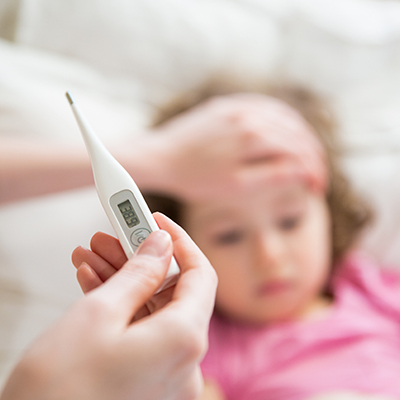
Infectious Disease Symptoms
As mentioned before, the signs and symptoms of these conditions will vary depending on the type of infection. Still, the general symptoms usually are:
- Diarrhea
- Fever
- Coughing
- Muscle aches
- Fatigue
If the symptoms won’t subside over time or even worsen, patients should seek the help of an infectious disease doctor. This is especially recommended in cases patients experience severe fever and headaches and have trouble breathing.
Infectious Disease Causes
These conditions can be caused by:
Infectious Disease Causes
For the most part, communicable diseases in four ways:
Direct contact:
- Person to person: Touches, kisses, handshakes
- Animal to person: Bites and scratches from infected animals
- Mother to unborn child: The woman passes germs to the unborn baby that can cause these diseases.
Indirect contact: many of these organisms and germs can linger on objects such as faucet handles, tabletops, and doorknobs. Touching them can pick up the germs. When the patient touches their mouth or eyes before washing their hands, they may become infected.
Insect bites: Fleas, mosquitoes, ticks, or lice may carry harmful organisms that move from host to host.
Food contamination: contaminated water and food can also spread diseases (like E. coli).
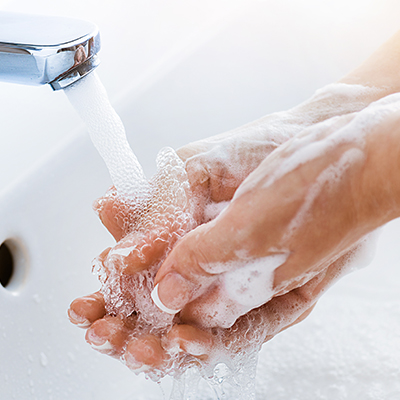
Infectious Diseases Treatment
It’s safe to say that the best infectious disease treatment is prevention. People can narrow their chances of getting infected by regular hand washing, vaccinations, practicing safe sex, and proper food preparation techniques.
Still, if someone does contract conditions like these, an infectious disease doctor can establish a proper diagnosis and can help with creating a treatment plan that will help patients get through the infection.
The Miami Allergy & Immunology Center in Florida works with knowledgeable and experienced experts in this medical field. They help patients trough appropriate treatment and proper patient education.

